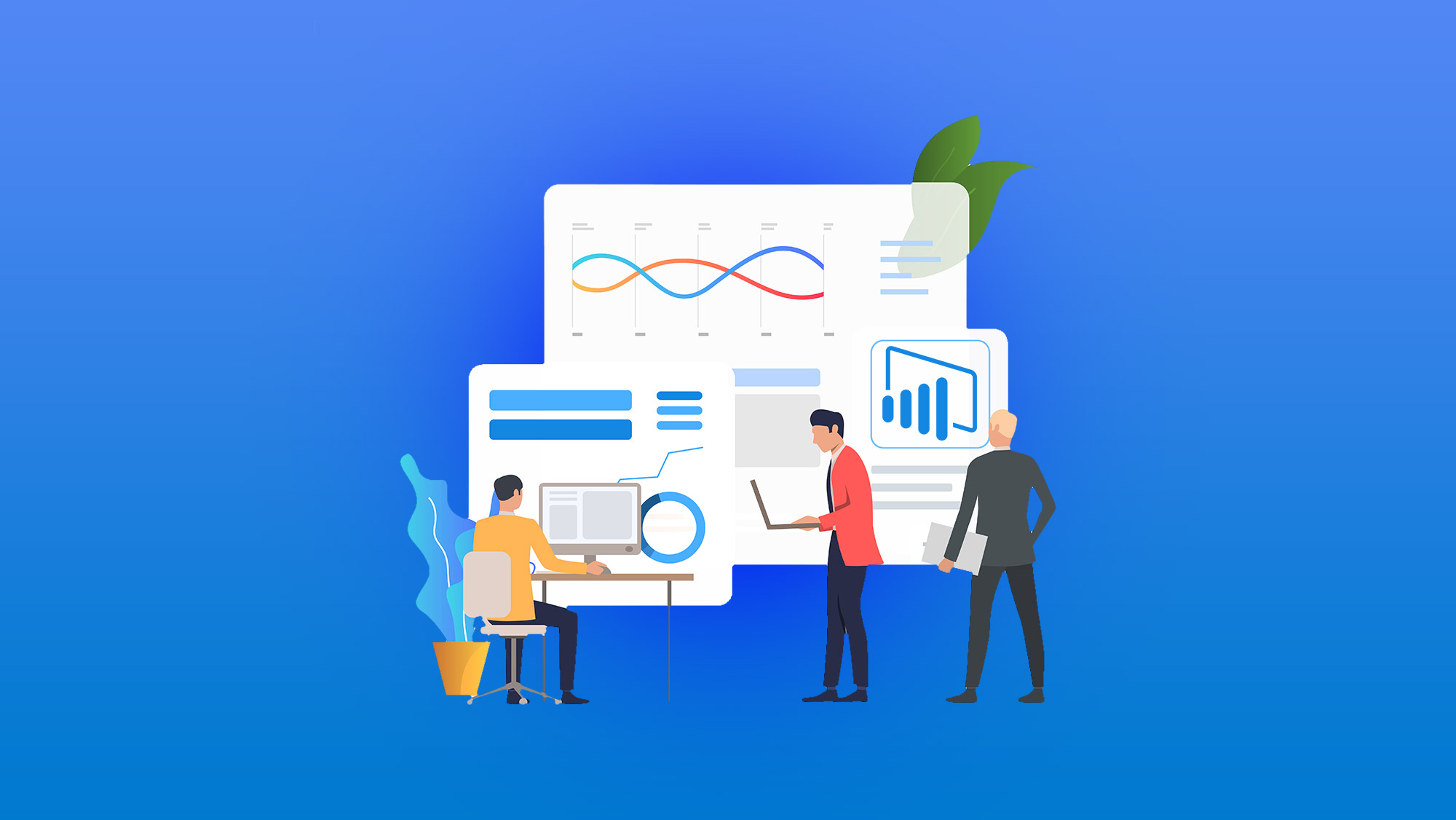
Power BI is a powerful business intelligence tool that enables organizations to gain valuable insights from their data. With its advanced analytics and data visualization capabilities, Power BI is used across a wide range of industries and business functions to drive better decision-making and improve business outcomes. In this blog, we’ll explore 10 of the most generic use cases for Power BI.
One of the most common use cases for Power BI is sales analysis. By analyzing sales data, businesses can gain insights into customer behavior, identify trends, and predict future sales.
Power BI can also be used for financial analysis, allowing businesses to analyze financial data such as revenue, expenses, and profits, to gain insights into business performance.
Power BI can help businesses track inventory levels, identify slow-moving or fast-moving products, and optimize inventory management processes.
Power BI can be used to analyze HR data, such as employee turnover rates, performance metrics, and compensation data, to gain insights into employee performance and retention.
With Power BI, businesses can track supplier performance, identify bottlenecks, and optimize supply chain processes.
Power BI can be used to track marketing performance, including website traffic, social media engagement, and campaign effectiveness.
Power BI can be used to analyze customer data, such as purchase history, customer satisfaction, and loyalty metrics, to improve customer relationship management.
Power BI can help businesses track project progress, monitor budgets, and analyze project data to identify potential issues and opportunities.
Power BI can be used to track operational performance, such as production efficiency, quality control, and maintenance schedules.
Power BI can be used to analyze risk data, such as fraud or security incidents, to identify potential risks and take proactive measures to mitigate them.
In conclusion, Power BI is a versatile tool that can be used across a wide range of industries and business functions to gain valuable insights from data. Whether you’re looking to optimize inventory management processes or improve customer relationship management, Power BI can help you make data-driven decisions that drive better business outcomes. So why not give Power BI a try and see how it can benefit your organization?
These Stories on Power BI
Comments (1)